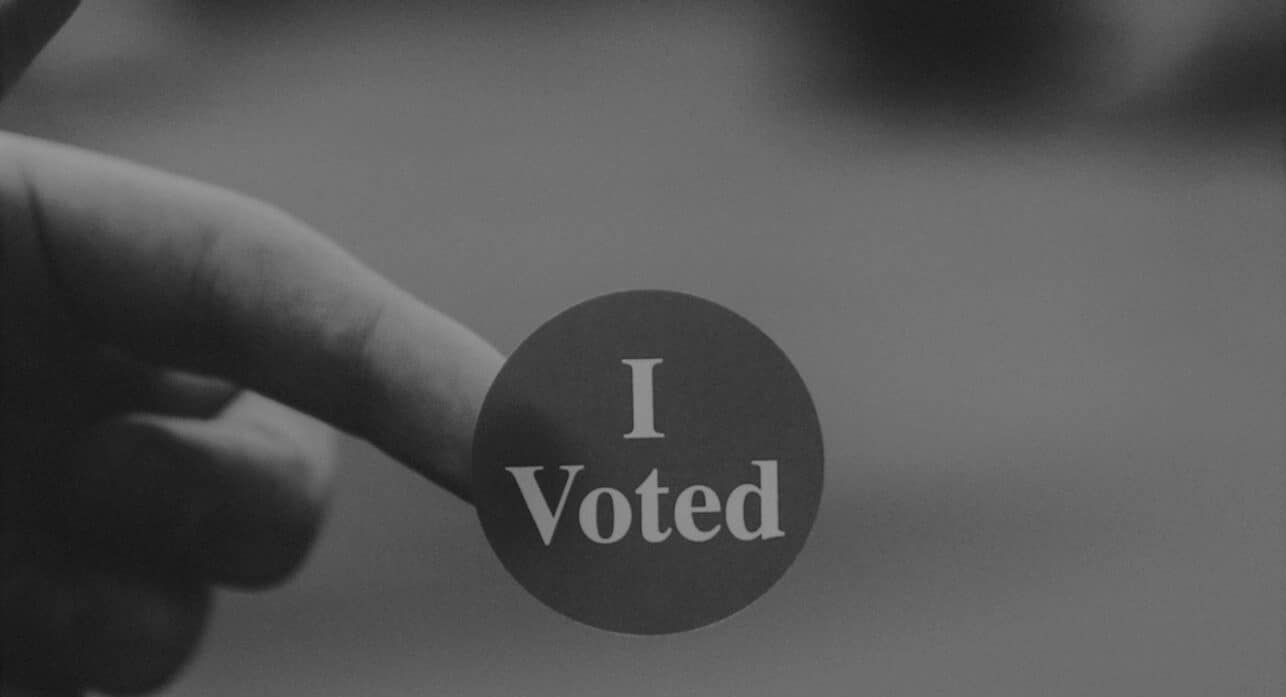By Christos Zampounis
By the evening of Sunday 21 May, some of the most “difficult” jobs on the planet were, without a doubt, those of a nuclear scientist in Iran, or a diamond miner in Sierra Leone. Following the result of the recent parliamentary elections, Greek pollsters have been added to the above category. Reportedly, three of them, that afternoon, expressed their hesitation about whether the exit poll should be made public, in the sense that they felt it would deviate from the actual result. By majority law, the opposing view, which, apart from the collapse of SY.R.I.Z.A., was relatively credible, eventually passed. The Greek originality lies in the wide range of percentages given to the first two political formations, so that if one of them got the low and the other the high, or tanapalin, the exit poll would have been, as we say in the vernacular, “in”. Where they fell “out”, again in the marketplace, was during the election season.
None of the polls achieved the margin, even at the last minute, with the most optimistic New Democrats talking, on Saturday night, more as a wish, of a double-digit margin, of 10% rather than 20%. But let’s not get ahead of ourselves in throwing the profession in question under the fire. I had the opportunity to talk after the accident in Tempe, with the head of a leading firm in the industry, who confessed to me that most of the people I interviewed were hanging up. Something similar, to a lesser extent, happened in election surveys, given that the majority were reluctant to answer the question of which party they would vote for. Let us not be blind to the fact. The credibility of the industry has been called into question in recent years, so that the public, listening to some of the ‘tenors’ of the losing side denounce the ‘rigged’ game, seems to have been adversely affected. Professionels de la profession, in Jean-Luc Godard’s ironic phrase, are called upon to climb the Calvary of restoring their reputation, and this will only happen when they are weaned from parties and economic interests.












